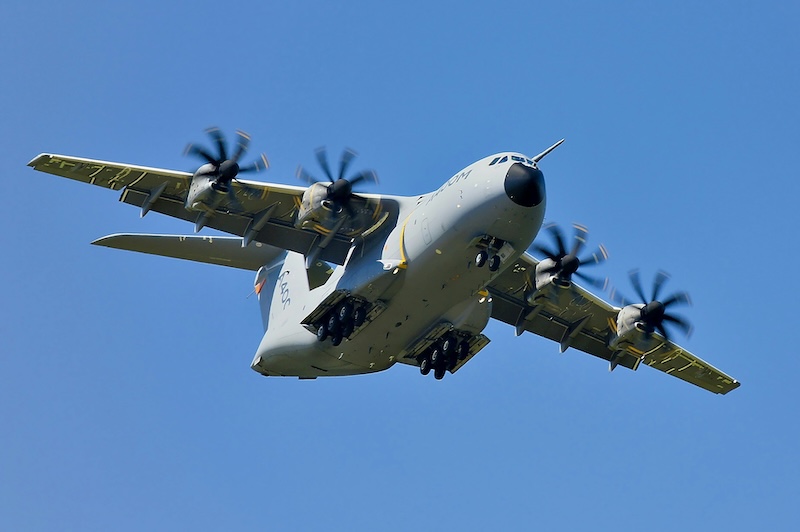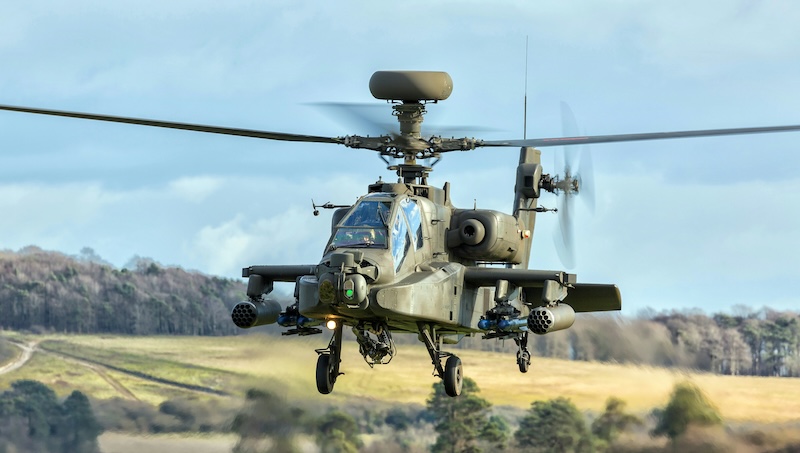Title: What Are the Benefits of Using Titanium in Military Applications?
Introduction
Titanium has become an essential material in the military industry due to its unique properties, such as high strength-to-weight ratio, corrosion resistance, and ability to withstand extreme temperatures. These attributes make titanium ideal for a wide range of military applications, providing durable and lightweight solutions for equipment, vehicles, and armor.
In this article, we explore the various applications of titanium in the military, detailing the benefits it provides and explaining why it is a preferred material for defense-related purposes.
Features of Titanium
Titanium offers several key features that make it particularly suitable for military applications:
- High Strength-to-Weight Ratio: Titanium is strong yet lightweight, making it ideal for applications where weight reduction is crucial, such as aircraft and vehicles.
- Corrosion Resistance: Titanium’s resistance to corrosion ensures long-lasting performance in harsh environments, including marine and combat situations.
- Temperature Tolerance: Titanium can withstand extreme temperatures, making it suitable for military applications that require high thermal resistance.
- Durability: Titanium is highly durable, capable of withstanding impacts and providing long-term reliability under challenging conditions.

The Most Commonly Used Grades of Titanium in the Military
- Grade 5 Titanium (Ti-6Al-4V): Grade 5 titanium is an alloy containing aluminum and vanadium, providing high strength and excellent corrosion resistance, making it suitable for use in armor, aircraft, and missile components.
- Grade 9 Titanium (Ti-3Al-2.5V): Grade 9 titanium is also an alloy that provides a good balance of strength and formability, making it ideal for tubing in military vehicles and aircraft.
Advantages of Titanium in Military Applications
The use of titanium in military applications provides several notable advantages:
- Weight Reduction: Titanium’s lightweight nature reduces the overall weight of military vehicles and aircraft, improving mobility and fuel efficiency.
- Enhanced Protection: Titanium’s strength and impact resistance make it suitable for use in armor and protective plating, providing enhanced safety for personnel and equipment.
- Durability in Harsh Conditions: Titanium’s resistance to corrosion and high-temperature tolerance ensure long-lasting performance in extreme environments, from deserts to oceanic conditions.
Key Applications of Titanium in the Military
Titanium is used in a variety of military applications, including:
- Aircraft Components: Titanium is extensively used in military aircraft, including fighter jets and helicopters, for components such as engine parts, airframes, and landing gear. Its lightweight nature and strength contribute to improved performance and fuel efficiency.
- Armor and Protective Plating: Titanium is used in body armor and vehicle armor to protect personnel and equipment. Its strength-to-weight ratio provides effective protection while minimizing the added weight.
- Naval Applications: Titanium is used in naval vessels for components such as propeller shafts, heat exchangers, and underwater hulls due to its corrosion resistance and durability in marine environments.
- Missiles and Rockets: Titanium is used in missile and rocket casings, providing high strength and the ability to withstand extreme temperatures and pressure during flight.
- Military Vehicles: Titanium is also used in military ground vehicles to reduce weight, improve fuel efficiency, and provide additional protection through lightweight armor.
Comparisons: Titanium vs. Other Materials in Military Applications
Titanium is often compared to other materials used in military applications, such as steel, aluminum, and composites:
- Titanium vs. Steel: Steel is commonly used in military applications due to its strength, but titanium offers comparable strength at a significantly lower weight, making it more advantageous for applications where weight reduction is critical.
- Titanium vs. Aluminum: Aluminum is lightweight but lacks the strength and durability of titanium, making titanium preferable for high-stress applications such as armor and aircraft components.
- Titanium vs. Composites: Composites are used for their lightweight properties, but titanium offers superior impact resistance and temperature tolerance, making it better suited for armor and high-temperature environments.
Benefits of Using Titanium in Military Applications
The benefits of using titanium in military applications are numerous:
- Weight Savings: Titanium’s lightweight properties reduce the overall weight of military vehicles, aircraft, and equipment, allowing for better mobility and efficiency.
- Enhanced Protection: Titanium’s strength and impact resistance provide effective protection for military personnel and equipment, making it a valuable material for armor and protective structures.
- Corrosion Resistance: Titanium’s resistance to corrosion ensures long-term reliability in harsh environments, reducing maintenance requirements and improving operational readiness.
Challenges in Using Titanium in Military Applications
Despite its advantages, there are challenges associated with using titanium in military applications:
- High Cost: Titanium is more expensive to produce compared to other materials like steel, which can limit its use in some military applications.
- Machining Difficulty: Titanium’s hardness makes it challenging to machine, requiring specialized tools and techniques that can increase production costs.
Future Trends for Titanium in Military Applications
The use of titanium in military applications is expected to grow as advancements in alloy production and manufacturing techniques make it more cost-effective. Innovations such as 3D printing are also enabling the production of complex titanium components, further expanding its use in military technology. Emerging trends include the development of titanium-based armor solutions and increased use in lightweight drones and unmanned vehicles.
FAQs about Titanium in Military Applications
- Why is titanium used in military aircraft?
- Titanium is used due to its high strength, lightweight nature, and resistance to extreme temperatures, making it ideal for aircraft components.
- What types of military equipment use titanium?
- Titanium is used in aircraft, naval vessels, armor plating, missiles, rockets, and military vehicles.
- How does titanium enhance protection in military applications?
- Titanium’s high strength-to-weight ratio and impact resistance make it suitable for armor and protective plating, enhancing safety for personnel and equipment.
- Is titanium used in naval vessels?
- Yes, titanium is used in naval vessels for components like propeller shafts and heat exchangers due to its corrosion resistance in marine environments.
- What are the advantages of titanium over steel in military applications?
- Titanium offers comparable strength to steel at a lower weight, improving mobility and fuel efficiency for military vehicles and aircraft.
- Can titanium be used for missile casings?
- Yes, titanium is used for missile and rocket casings due to its ability to withstand extreme temperatures and pressure during flight.
- What challenges are associated with using titanium in military applications?
- The main challenges include the high cost of titanium and the difficulty in machining it for complex components.
- How does titanium improve the performance of military vehicles?
- Titanium reduces the weight of military vehicles, improving mobility, fuel efficiency, and overall performance.
- Why is titanium suitable for body armor?
- Titanium’s strength and lightweight properties make it ideal for body armor, providing effective protection without adding excessive weight.
- Is titanium used in military drones?
- Yes, titanium is increasingly used in lightweight drones and unmanned vehicles to improve durability while minimizing weight.
- How does titanium compare to aluminum in military applications?
- Titanium is stronger and more durable than aluminum, making it better suited for high-stress and protective applications.
- What future developments are expected for titanium in military use?
- Advances in 3D printing and alloy production are expected to make titanium more cost-effective, expanding its use in military armor and unmanned vehicles.
- Can titanium withstand harsh environments?
- Yes, titanium’s corrosion resistance and temperature tolerance make it suitable for use in harsh environments, such as marine and desert conditions.
- Why is titanium used in missiles and rockets?
- Titanium’s high strength and ability to withstand extreme temperatures make it ideal for use in missile and rocket casings.
- How does titanium contribute to fuel efficiency in military aircraft?
- Titanium’s lightweight properties reduce the overall weight of aircraft, improving fuel efficiency and extending flight range.
Conclusion
Titanium’s unique properties make it an ideal material for military applications. Its high strength, lightweight nature, corrosion resistance, and durability make it invaluable for a wide range of military uses, from aircraft and armor to naval vessels and missile components. Despite challenges related to cost and machining, the benefits of using titanium in military applications far outweigh the drawbacks, ensuring its continued use and expanding role in defense technologies.






